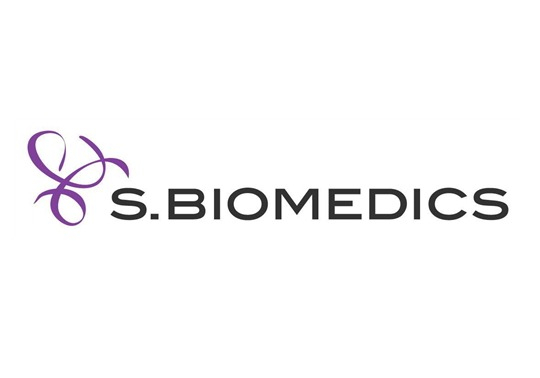Bio & Pharma
S.Biomedics gets approval for Parkinson's disease clinical trials
Using embryonic stem cell-derived dopamine cells
By Jan 13, 2023 (Gmt+09:00)
1
Min read
Most Read
LG Chem to sell water filter business to Glenwood PE for $692 million


Kyobo Life poised to buy Japan’s SBI Group-owned savings bank


KT&G eyes overseas M&A after rejecting activist fund's offer


StockX in merger talks with Naver’s online reseller Kream


Mirae Asset to be named Korea Post’s core real estate fund operator



South Korea's biomedicine firm S.Biomedics said on Friday that it has won approval from the Ministry of Food and Drug Safety for phase 1 and 2a clinical trials of Parkinson's disease cell therapy (A9-DPC) using human embryonic stem cell-derived midbrain dopaminergic neural precursor cells.
The latest clinical approval is the first in Asia for Parkinson's disease treatment using embryonic stem cell-derived dopamine cells. It is reported that the development of a treatment for Parkinson's disease using embryonic stem cell-derived dopamine cells is currently underway in three locations in Korea, the US, and Europe.
Phases 1 and 2a will evaluate the safety and exploratory efficacy of allogeneic embryonic stem cell-derived dopaminergic neural precursor cell transplant therapy in patients who have been diagnosed with Parkinson's disease for more than five years. It is scheduled to start in the first half of this year at Yonsei University Severance Hospital.
A9-DPC is based on targeted embryonic stem cell differentiation (TED) technology, the proprietary technology of S.Biomedics. TED is a standardized technology for neural differentiation of embryonic stem cells.
After inducing the differentiation of embryonic stem cells into neural precursor cells, the company treated them with other signal-modulating small-molecular compounds. With this, it created dopaminergic neural precursor cells that exist specifically in the midbrain region related to Parkinson's disease.
"More than 20 years of research has resulted in clinical approval. As it has shown excellent efficacy and safety in animal tests such as rodents and apes, we expect it to show safe and excellent effects in human clinical trials," said Dr. Kim Dong-wook, the company's chief technology officer.
Write to Jae-Young Han at jyhan@hankyung.com
More to Read
-
 Bio & PharmaGCCL develops Korea's first automatic clinical trial data sharing system
Bio & PharmaGCCL develops Korea's first automatic clinical trial data sharing systemJan 10, 2023 (Gmt+09:00)
1 Min read -
 Bio & PharmaKorean biotechs target US labs to speed up regulatory approval for tests
Bio & PharmaKorean biotechs target US labs to speed up regulatory approval for testsDec 28, 2022 (Gmt+09:00)
2 Min read -

-
 Bio & PharmaSK Biopharm begins clinical trials of wearable device for detecting epilepsy
Bio & PharmaSK Biopharm begins clinical trials of wearable device for detecting epilepsyDec 14, 2022 (Gmt+09:00)
1 Min read
Comment 0
LOG IN


